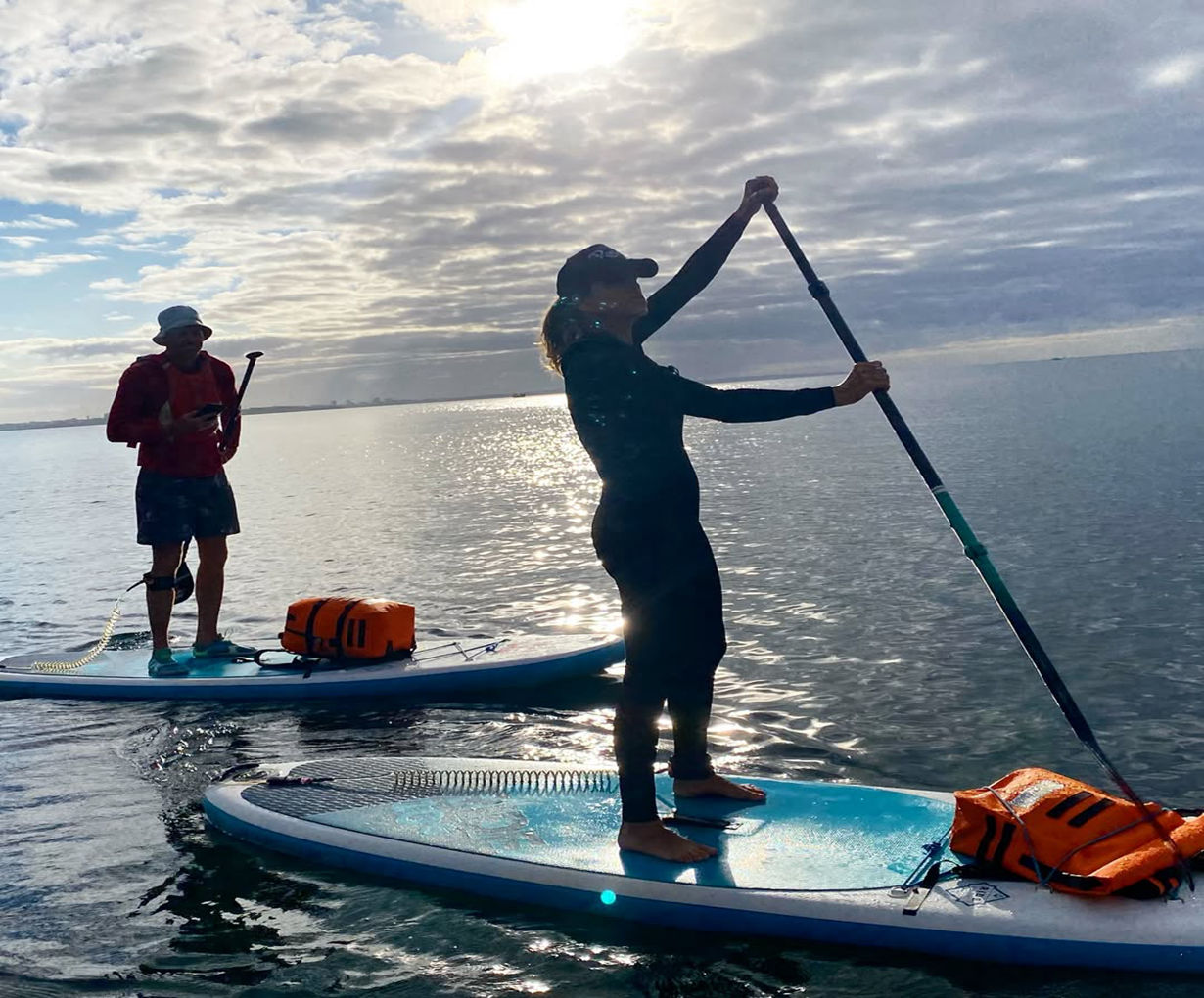
How to use and store the airtight zippers correctly
Correct usage is key to prolonging the life and maintaining the performance of airtight zippers.
1. Fully Close Before Exposure
Make sure the zipper is fully and evenly closed before exposing it to water or pressure. A partially closed zipper can lead to leaks or system failure.
2. Apply Consistent Pressure
When sealing, apply even pressure along the track to ensure a complete seal. Use any built-in locking mechanisms if provided.
3. Avoid Over-Bending
Over-flexing or sharply folding the zipper can damage the seal. Keep the zipper aligned with its natural curve or track.
4. Use Lubricants (If Applicable)
Some airtight zippers require periodic lubrication. Use only manufacturer-approved lubricants to avoid chemical degradation.
How to Store Airtight Zippers
Storage is just as critical as usage, especially for long-term durability.
✅ Clean Before Storage
Remove dirt, salt, chemicals, and debris with mild soap and water. Rinse and let it dry completely.
✅ Store in a Cool, Dry Place
Keep the zipper away from direct sunlight, extreme temperatures, and high humidity to prevent material degradation.
✅ Avoid Sharp Bends
Roll or fold equipment with the zipper in a gentle curve, not tightly, to avoid stress on the sealing track.
✅ Use Protective Covers
If the zipper is integrated into high-value gear like the dry suits or isolation suits, use a storage cover or padded case.
Applications Tips for Airtight Zippers
💦 Water Sports Equipment (Dry Suits & Waterproof Bags)
- Rinse with freshwater after saltwater use
- Use zipper wax or silicone lube to maintain flexibility
- Hang suits vertically with the zipper partially open for ventilation
🏕️ Outdoor Gear (Jackets, Tents, Rain Ponchos)
- Avoid storing wet items; moisture can degrade seals
- Inspect zippers seasonally before trips
- Store tents loosely packed to prevent creasing the zipper area
🏥 Medical Protective Equipment (Isolation Suits, Hazmat Gear)
- Disinfect according to PPE standards
- Store suits in individual sealed bags
- Track usage cycles to prevent zipper fatigue
Proper use and storage of airtight zippers significantly extend the life of your equipment, whether you’re diving in open water, hiking through storms, managing cleanrooms, or working in medical emergencies.
